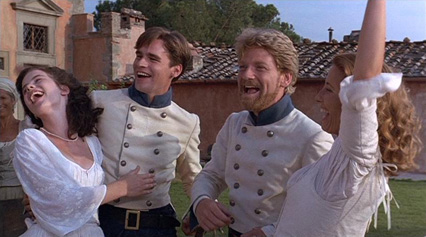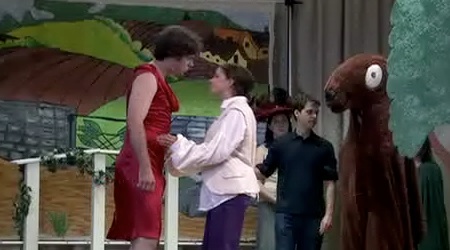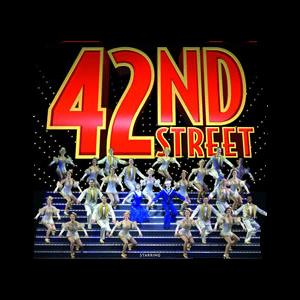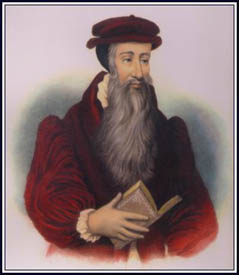This is the last in a series of 40 pop-music parodies for Shakespeare fans.
So far, we’ve had one parody for each of Shakespeare’s 38 plays and one for the sonnets. We finish the Shakespeare Top 40 with a tribute to all of the plays, one last time.
Enjoy!
We Love the Plays of Shakespeare
sung to the tune of “We Didn’t Start the Fire” by Billy Joel
(With appreciation to everyone who has followed along on the journey…)
Harry, Suffolk, Somerset,
Richard Plantagenet;
Warwick, Edward, Margaret, Rutland,
Younger Lord Clifford;
Lord John Talbot, Tony Woodeville,
Duke of Bedford, Joan La Pucelle;
Duke of Clarence, Tower Princes,
Richard the Third…
Antipholus, Dromio,
Balthazar, Angelo;
Titus gets Tamora by
Baking her kids in a pie;
Tranio, Petruchio,
Katharina, Widow;
Proteus and Valentine have
Bid Verona goodbye…
We love the plays of Shakespeare,
Jumping off the pages,
Burning up the stages.
We love the plays of Shakespeare.
First, we learned to read them.
Now, we go to see them.
Don Armado, French Princess,
Costard and Holofernes;
Romeo’s Apothecary,
Juliet’s Nurse;
Gaunt John, he passed on,
Henry’s back and Dick’s gone;
Quince, Flute, Snout, Snug,
Bottom’s got a curse…
King John, Pope, France,
Bastard’s got a second chance;
Shylock and Antonio,
Portia and Bassanio;
Bardolph, Boar’s Head,
Prince Hal, Hotspur dead;
Tavern Hostess, Lord Chief Justice,
Henry on his deathbed…
We love the plays of Shakespeare,
Jumping off the pages,
Burning up the stages.
We love the plays of Shakespeare.
First, we learned to read them.
Now, we go to see them.
Benedick, Beatrice,
Dogberry and Verges;
Cambridge, Scroop and Grey,
Fight on St. Crispin’s Day;
Cassius, Cicero,
Julius Caesar, Cato;
Duke Senior, Jacques,
Poems posted on the trees…
O, O, O…
Olivia, Antonio,
Toby Belch, Malvolio;
Ophelia, Claudius,
Hamlet kills Polonius;
Falstaff once adored
Mistress Page and Mistress Ford;
Agamemnon, Pandarus,
Cressida and Troilus…
We love the plays of Shakespeare,
Jumping off the pages,
Burning up the stages.
We love the plays of Shakespeare.
First, we learned to read them.
Now, we go to see them.
Helena for Bertram fell,
All’s Well that Ends Well;
Angelo, Claudio,
“Friar” Duke Vincentio;
Desdemona, Othello,
Duke, Iago, Cassio;
Kent’s stand, Lear’s Fool,
Edmund’s death, Edgar’s rule;
Three Witches, two Macbeths,
Scottish spirits come unsex;
Antony, Cleo P.,
Who else would you want to see?
We love the plays of Shakespeare,
Jumping off the pages,
Burning up the stages.
We love the plays of Shakespeare.
First, we learned to read them.
Now, we go to see them.
Marcius, Cominius,
Volumnia, Aufidius;
Cupid, Lucius,
Timon, Flavius;
Gower, Thaliard, Pericles,
Antiochus, Simonides;
Posthumous is shipped to Rome,
Iachimo’s gone to his home…
Autolycus, Leontes,
Perdita, Polixenes;
Stephano, Trinculo,
Ship, wreck, Prospero;
Henry starts a second life,
Anne Boleyn’s his second wife;
Kinsmen our guy partnered for;
May have helped with Thomas More…
We love the plays of Shakespeare,
Jumping off the pages,
Burning up the stages.
We love the plays of Shakespeare.
And where we have gone,
The play will start anon,
Anon, anon, anon, anon, anon, anon, anon…
We love the plays of Shakespeare,
Jumping off the pages,
Burning up the stages.
We love the plays of Shakespeare.
First, we learned to read them.
Now, we go to see them.
We love the plays of Shakespeare!
Hat tip to Shakespeare Online for the chronology.
You can click to read all 40 song parodies here.







